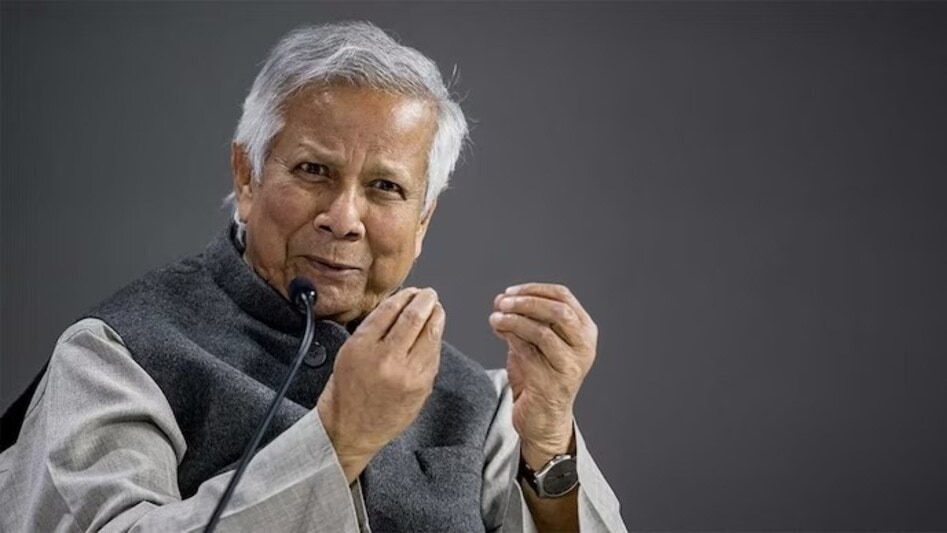Bangladesh is facing a deepening financial crisis with its banking sector, non-bank financial institutions (NBFIs), and stock market all experiencing severe instability, Dhaka Tribune reported on Monday. Rampant loan defaults, regulatory failures, political interference, and widespread corruption have created systemic dysfunction, further shaking public confidence.
Bangladesh Bank data shows defaulted loans reached Tk6 lakh crore by the end of June, with an additional Tk3.18 lakh crore in hidden defaults under court proceedings, write-offs, and stay orders, the report said, adding that once updated by the Credit Information Bureau, the total may rise to Tk9 lakh crore.
Despite this, the Yunus government has proposed scrapping the definition of “wilful defaulter” in the draft Banking Company Act. This move reverses the 2023 amendment that required banks to submit lists of wilful defaulters to the central bank. “There was widespread looting in the name of loans during the previous government. Despite having the ability, many influential businessmen did not repay loans. That is why the new draft proposes to remove this definition,” a Bangladesh Bank official told Dhaka Tribune.
The Asian Development Bank (ADB) labelled Bangladesh as having the “weakest banking system” in Asia. In 2024, 20.2% of all loans were in default, up 28% from the previous year. By contrast, India, Pakistan, and Sri Lanka have reduced non-performing loans through reforms.
“The stricter the rules, the more the number of defaulted loans increases. Without bold reforms like India, this crisis will not end,” said former World Bank chief economist Dr Zahid Hussain. “The problem will not be solved unless political interference is stopped and the judiciary is strengthened,” said Selim Raihan, executive director of SANEM.
Bangladesh Bank has announced a merger of five troubled Islamic banks—First Security, Social Islami, Global Islami, Union, and Exim—into a new state-owned entity, tentatively named United Islami Bank. The government will inject Tk20,000 crore in capital. Default rates in these banks range from 48% to 98%.
“This initiative is in the interest of protecting depositors,” said Bangladesh Bank Governor Dr Ahsan H Mansur.
Recovery efforts in state-owned banks have nearly stalled. In the first six months of the year, the top 20 defaulters owed Tk31,908 crore, but only Tk219 crore was recovered. Janata Bank is in the worst condition, with Tk70,845 crore in defaulted loans—75% of its total loan book, the report said.
The NBFI sector is also near collapse. Of 20 troubled institutions, 83% of their Tk21,462 crore loan portfolio is in default. Total debt stood at Tk25,808 crore as of December 2024, but collateral amounted to just Tk6,899 crore. The central bank has recommended liquidating nine NBFIs. “Unless swift action is taken to protect depositors, the sector could collapse entirely,” central bank officials warned.
The stock market has seen a 38% contraction over 16 years. Adjusted for inflation, investors have lost 3% of capital annually. According to Dhaka Stock Exchange data, 98 of 397 listed companies trade below face value, including 33 banks and NBFIs. “The fact that the price of such a large number of shares has fallen below face value proves that the performance of these companies is not good,” Kazi Monirul Islam, CEO of Shanta Asset Management, was quoted as saying.
According to ADB’s Asian Development Outlook released in April 2025, Bangladesh’s GDP is expected to grow by 3.9% in FY2025 and 5.1% in FY2026. Growth was 4.2% in FY2024. The forecast reflects political instability, inflation, disaster risk, and industrial unrest. Garment export growth continues, but domestic demand remains weak.

